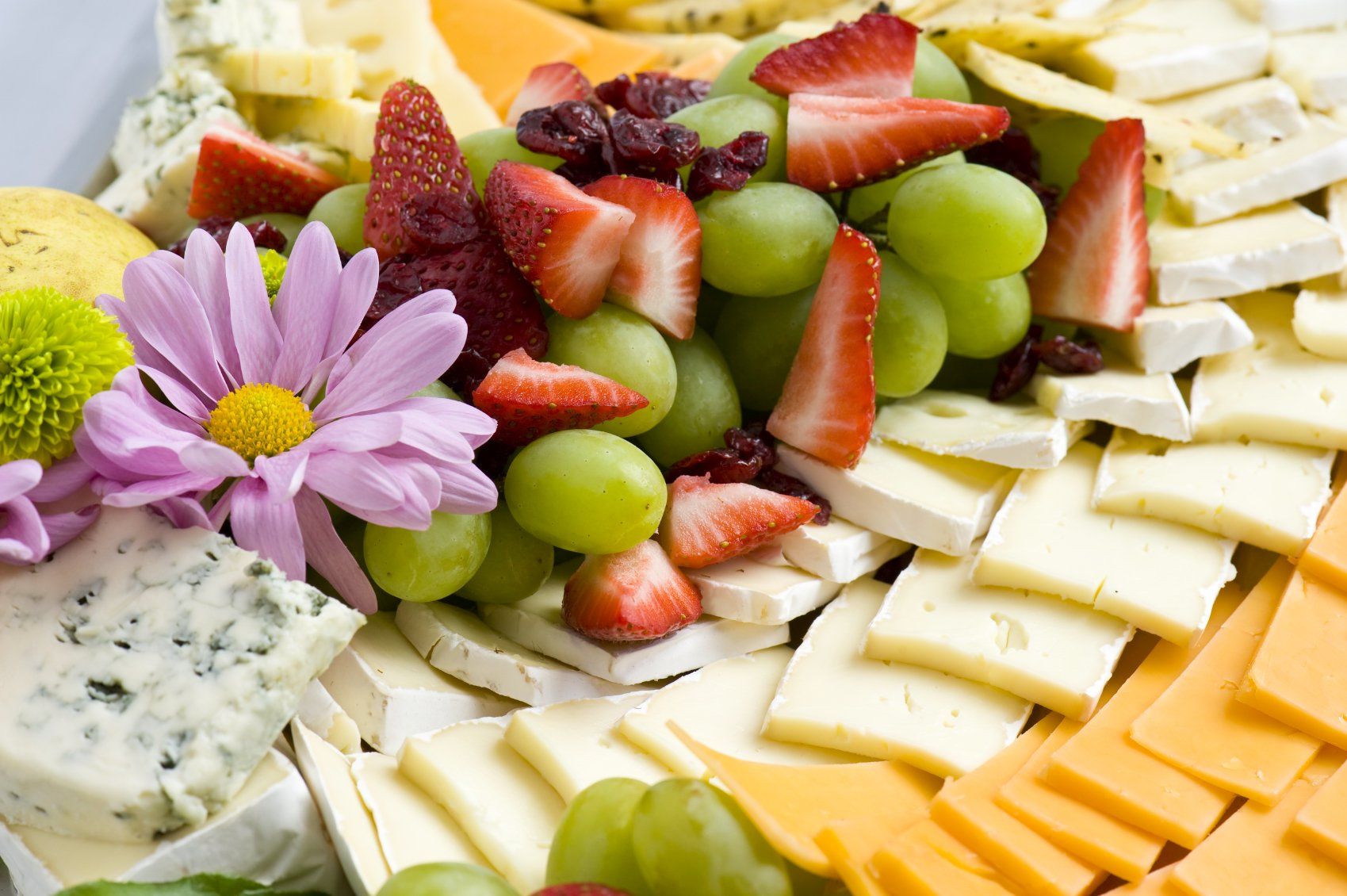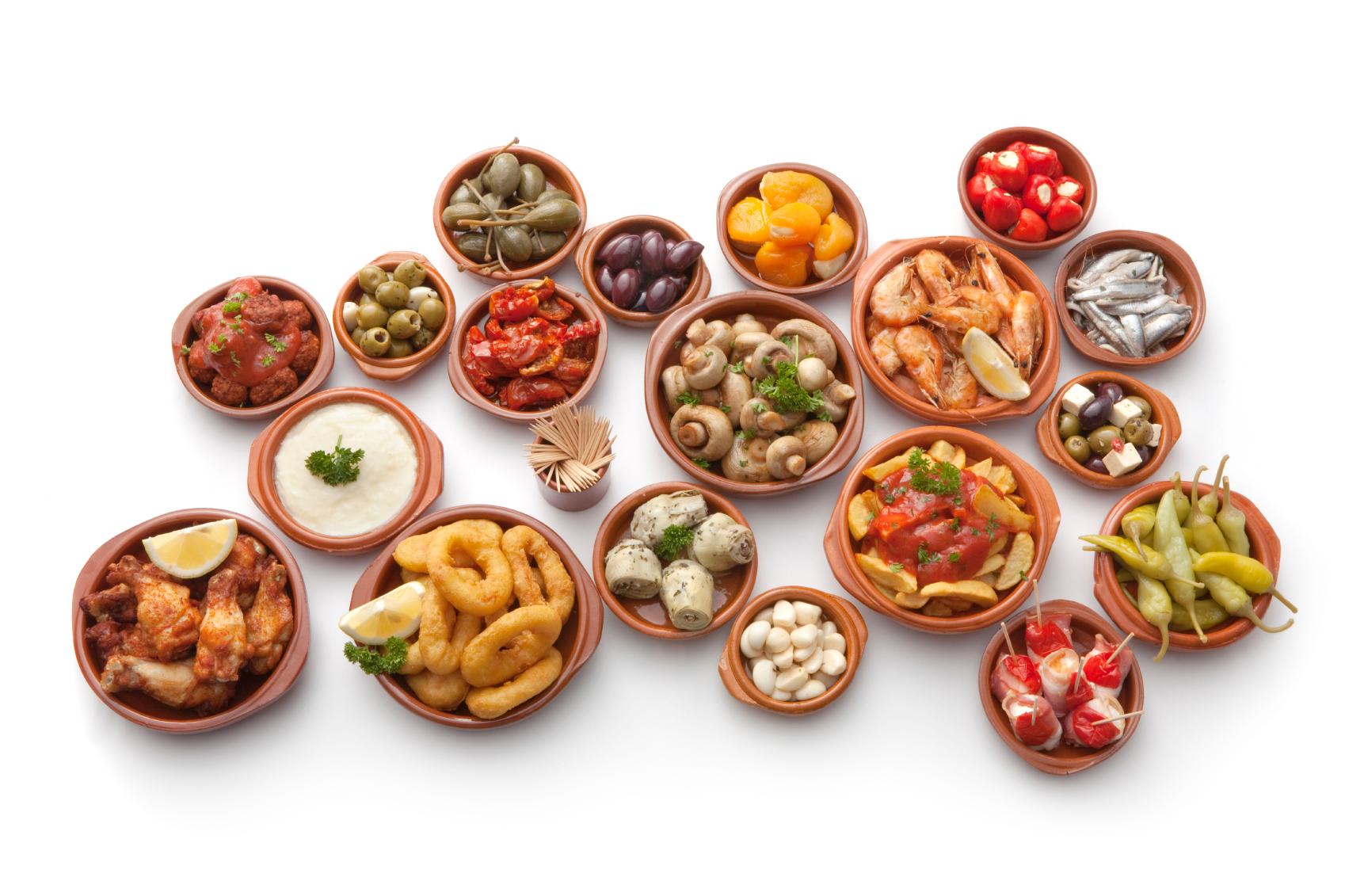April 10, 2025
If mealtime in your home feels more like a standoff than a shared moment of connection, you’re not alone. Whether your child is a picky eater or just a little hesitant to try new foods, it can be tough to know how to support them without pressure. But here’s the good news: with a little patience, a lot of love, and some playful strategies, you can help your child grow into a confident, adventurous eater. Let’s take the pressure off and bring the joy back to mealtime! 🍽 Start with Comfort and Control Before diving into what’s on the plate, focus on how mealtime feels. The more comfortable and in control a child feels, the more open they’ll be to exploring new foods. Make it a routine: Kids thrive on predictability. Establish consistent mealtime rhythms, even if it’s just a few times a week. Wash hands together, set the table, and maybe even sing a little song before sitting down. Prepare the setting: Let’s make meals feel special! Fun plates, silly cups, colorful utensils—these small touches make a big impact. The more inviting the environment, the less intimidating the food. Below are some of our favorite food supplies! Animal Food Picks Sensory Construction Utensils Dinosaur Sensory Utensils Space Themed Plate Meal Spinner Plate Support their body: A comfy body helps a curious mind. Aim for 90-90-90 sitting (hips, knees, and ankles at 90 degrees) to make sure your child feels physically supported at the table. 🎨 Play with Food (Yes, Really!) Exploration is key when it comes to building trust with new textures and tastes. Let go of the mess and say “yes!” to play. Use all the senses: Let kids touch, smell, and even squish foods before tasting them. Describe foods using fun, sensory language: “This carrot is super crunchy!” or “Whoa, this yogurt feels really cold!” Ask, don’t pressure: Instead of asking “Do you like it?” try “What does it feel like?” or “Can you find something red on your plate?” Descriptive language builds comfort and curiosity without judgment. Create silly names: Call broccoli “tiny trees” or chicken nuggets “space boulders.” Food becomes way more approachable when it’s part of a game. 🍕 Familiar Foods First, Then Build Start with what your child already loves, and gently introduce something new alongside it. If pizza is their jam, add a small bowl of dip or a new veggie on the side. Even if they don’t touch it, just seeing it is a win. Change the shape of their favorite foods—use cookie cutters on sandwiches or serve sliced apples like a fan. Novelty sparks interest! 🛒 Invite Them Into the Process Ownership turns fear into fun. When children feel involved, they’re more likely to try new things. At the store: Let them choose a new fruit or veggie based on color, shape, or just curiosity. In the kitchen: Invite them to stir, chop (with safe tools!), or plate the meal. Prep meals together ahead of time, especially breakfast and lunch, to reduce anxiety by making them more familiar with their food. In the imagination: Draw food, make sticker charts, or create a checklist of foods to explore. This builds exposure outside of mealtime, where there’s less pressure. 🧠 Consider Sensory Needs Children take in the world through their senses—some seek more input, others are highly sensitive. Meet their needs before meals. Try a quick “head, shoulders, knees, and toes” movement game to address the wiggles, or offer tactile games beforehand to ground their sensory systems. Family-style meals (where everyone serves themselves) help with desensitization—kids see, smell, and maybe touch the food without needing to eat it right away. 👨👩👧 Model the Joy of Eating Kids love to watch, learn, and copy—especially the grown-ups they love most. Eat together whenever possible. Even if your child isn’t eating the same foods, sitting with you while you enjoy a meal helps normalize it. Talk about your food. “This is so juicy!” or “This pasta has a fun twisty shape!” Show them that food is something to be experienced and enjoyed. 💡 Caregiver Tips: Prompts and Possibilities Here are a few mealtime phrases that can support exploration without pressure: “Can you find something round on your plate?" “Which food is the softest?” “Wanna help me scoop some onto your plate?” And remember: offer options. Let your child have a say in what goes on their plate or which new food to try. When kids feel like they have a choice, they’re more likely to take a chance. 🌱 Trust the Process, Meet Them Where They Are Every child is different, and that’s a beautiful thing. Some need more time, others need more play, and many just need to feel understood. Watch for signs like pocketing food, gagging, or long chewing times—these may signal oral motor challenges worth discussing with a feeding therapist. But for most kids, consistent routines, sensory support, and a whole lot of playful love go a long way in helping them build confidence at the table. 🧡 Final Thought: Thrilling & Filling Make mealtimes more than just about food. Make them about connection, curiosity, and comfort. The goal isn’t just to get a bite in their mouth—it’s to help them build a joyful, lasting relationship with food. Because a confident eater isn’t made in a day. They’re nurtured—mess by mess, smile by smile, bite by bite. 🎥 CLICK HERE to Watch/Listen on YouTube










